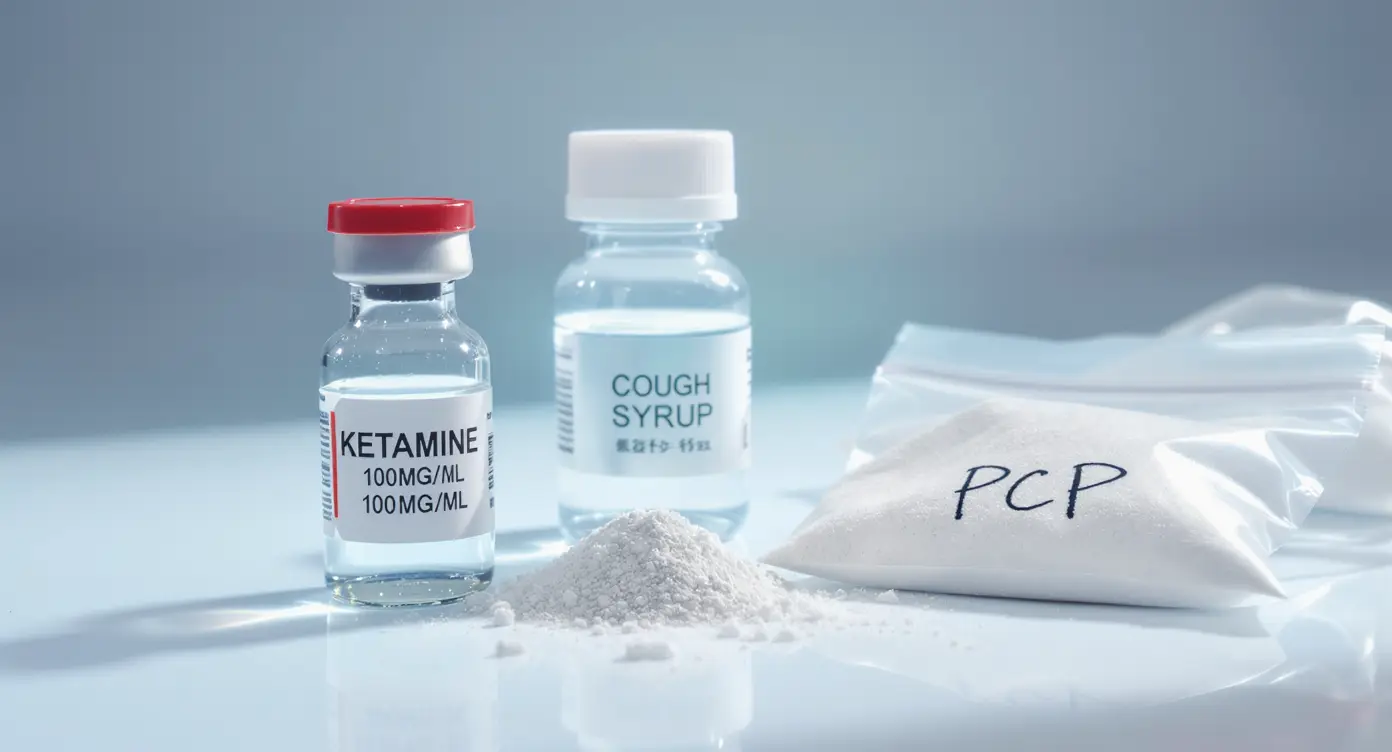Dissociatives are drugs that disrupt communication between the brain and body, leading to feelings of detachment from reality, the self, or surroundings.
Common dissociatives include ketamine, PCP (phencyclidine), and high doses of DXM, a cough suppressant. They are sometimes used medically for anesthesia or pain relief but are also misused recreationally.
The effects can include confusion, numbness, hallucinations, and loss of control. Frequent misuse may lead to memory loss, paranoia, or long-term cognitive problems.

🧠 Related Terms
👉 Learn more about prevention:
Narconon Europe – Drug Abuse Help
👉 For more educational content, see our Drug Education & Prevention Materials
❓ FAQ – What are Dissociatives?
1. What are dissociatives used for?
They are used medically for anesthesia or pain control and recreationally for their hallucinogenic effects.
2. Why are dissociatives dangerous?
They can cause psychosis, accidents, and long-term cognitive or emotional damage.
3. What do dissociatives look like?
They may appear as liquids, pills, powders, or cough syrups.
4. How do dissociatives make someone feel?
Users may feel disconnected from their body or surroundings, with slurred speech or robotic behavior.
5. Can dissociatives be addictive?
Yes. Some individuals develop a pattern of abuse and psychological dependence.
